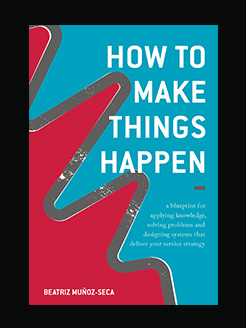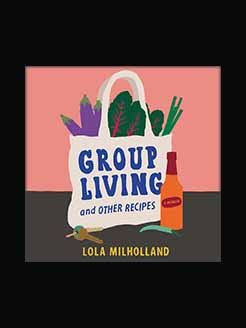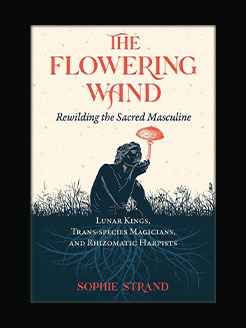Published in 2020
288 pages
Masha Gessen (born 1967) is an American-Russian journalist, translator, and nonfiction author. They identify as non-binary and use they/them pronouns.
Born into an Ashkenazi Jewish family in Russia, in 1981 they moved with their family to the United States to escape anti-Semitism. They returned in 1991 to Moscow, where they worked as a journalist, and covered Russian military activities during the Chechen Wars. In 2013, they were publicly threatened by prominent Russian politicians for their political activism and were forced to leave Russia for the United States.
They write in both Russian and English, and has contributed to The New Republic, New Statesman, Granta and Slate. Gessen is a staff writer at The New Yorker, covering international politics, Russia, LGBT rights, and gender issues.
What is this book about?
“The Platonic ideal of the anti-Trump Trump book.” —The Washington Post
“An indispensable voice of and for this moment.” -Timothy Snyder, author of On Tyranny
A bestselling, National Book Award-winning journalist’s essential guide to understanding, resisting, and recovering from the ravages of our tumultuous times.
In the run-up to the 2016 election, Masha Gessen stood out from other journalists for the ability to convey the ominous significance of Donald Trump’s speech and behavior, unprecedented in a national candidate. Within forty-eight hours of his victory, the essay “Autocracy: Rules for Survival” had gone viral, and Gessen’s coverage of his norm-smashing presidency became essential reading for a citizenry struggling to wrap their heads around the unimaginable. Thanks to the special perspective that is the legacy of a Soviet childhood and two decades covering the resurgence of totalitarianism in Russia, Gessen has a sixth sense for signs of autocracy–and the unique cross-cultural fluency to delineate its emergence to Americans. This incisive book provides an indispensable overview of the calamitous trajectory of the past few years. Gessen not only highlights the corrosion of the media, the judiciary, and the cultural norms we hoped would save us but also tells us the story of how a short few years have changed us, from a people who saw ourselves as a nation of immigrants to a populace haggling over a border wall, heirs to a degraded sense of truth, meaning, and possibility. Surviving Autocracy is an inventory of ravages but also a beacon to recovery–or to enduring, and resisting, an ongoing assault.







